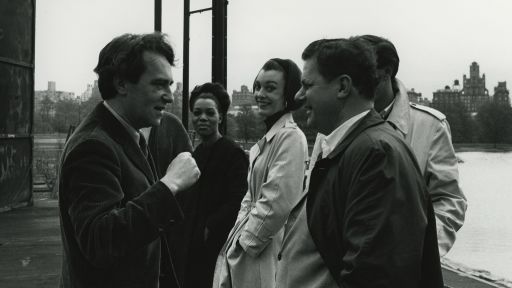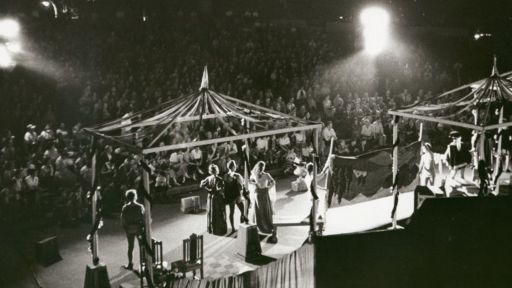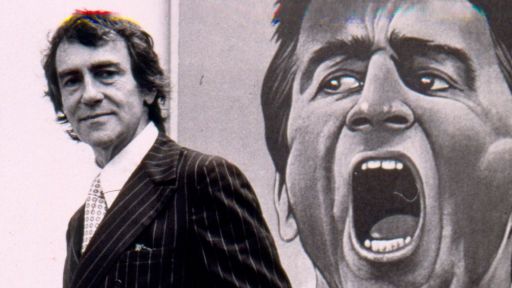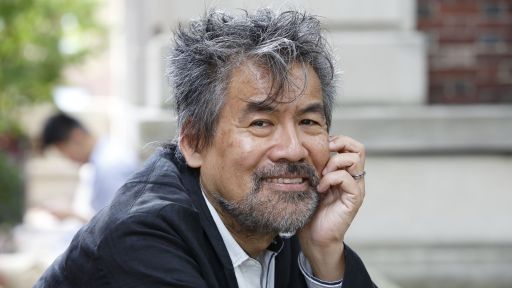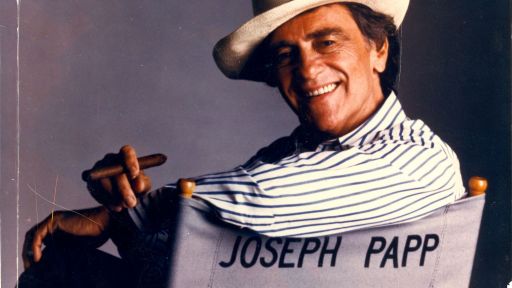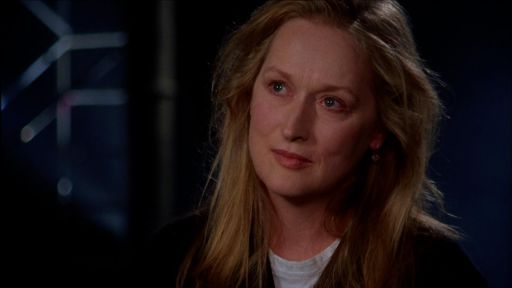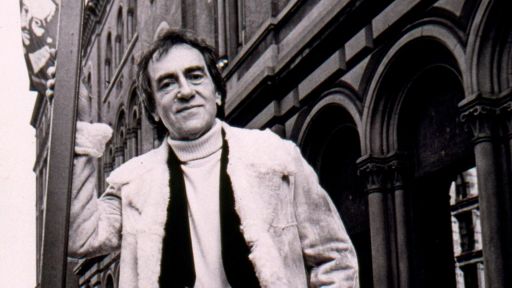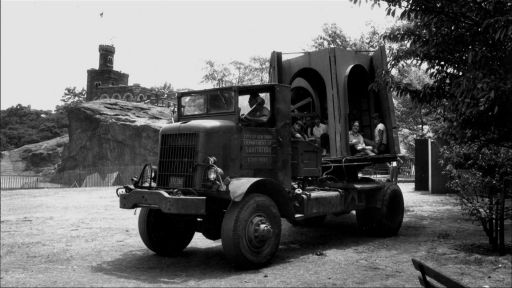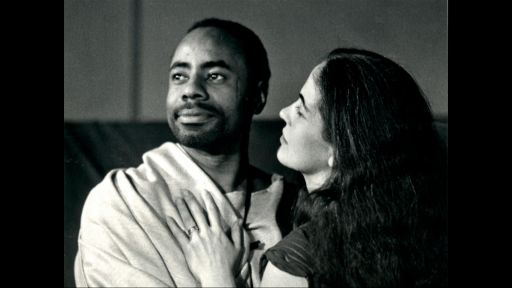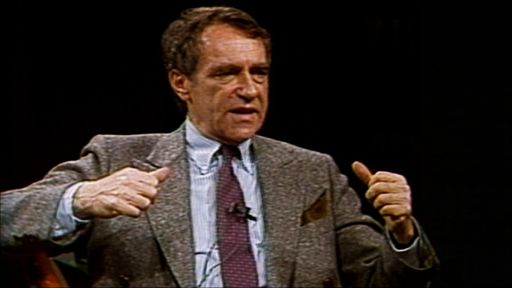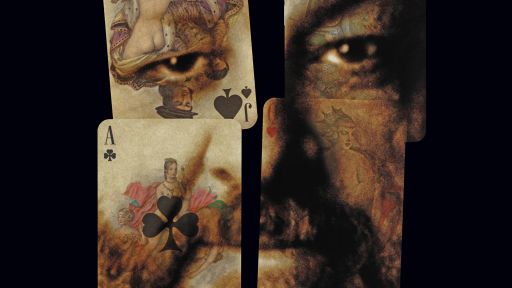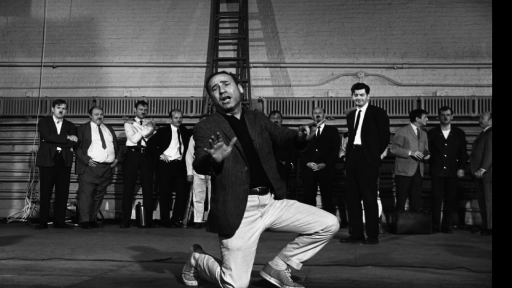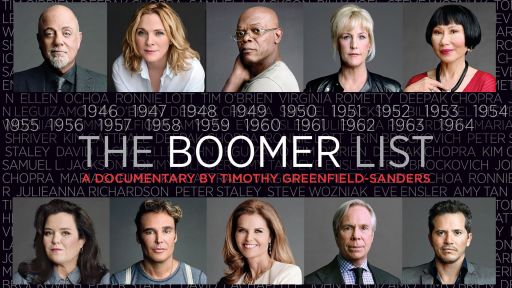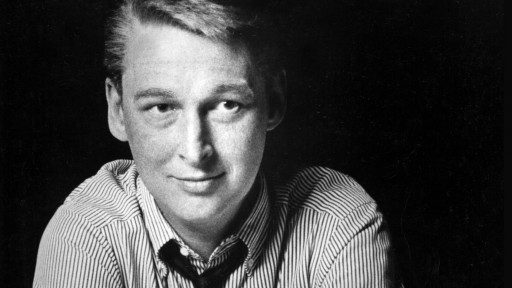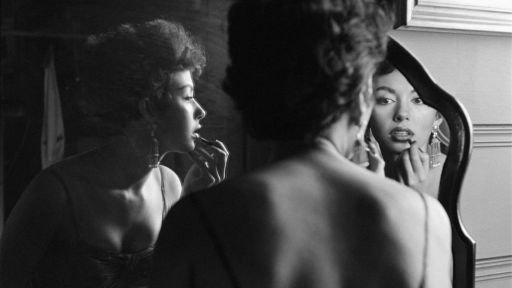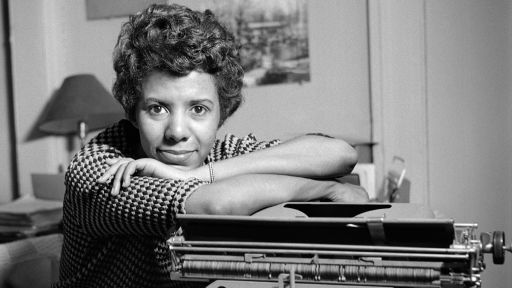Joe Papp in Five Acts Pulls Back the Curtain on the Career, Social Vision and Impact of The Public Theater’s Joe Papp.
Ahead of the 60th Anniversary Season of Free Shakespeare in The Park at New York City’s Delacorte Theater in Central Park, American Masters: Joe Papp in Five Acts tells the story of this indomitable, street-wise champion of the arts. As founder of The Public Theater, Free Shakespeare in the Park and producer of groundbreaking plays like Hair, A Chorus Line and for colored girls…, Papp believed great art was for everyone, not just a privileged few. A cultural change agent for more than fifty years, Papp’s stages held up a mirror to society with work that reflected the reality of people’s lives. Directed, produced and written by Tracie Holder and Karen Thorsen, American Masters: Joe Papp in Five Acts premieres nationwide Friday, June 3 at 9 p.m. ET on PBS (check local listings), http://pbs.org/americanmasters and the PBS Video app as part of #PBSForTheArts.
More than perhaps any other cultural figure in recent history, Papp worked to expand public access to the arts. “We have public libraries,” he would argue, “Why not public theaters?” Papp recognized the role artists could play in building a more democratic, inclusive society. At a time when theatre was largely the domain of white men, he was convinced that women, LGBTQIA+, BIPOC and other marginalized communities, denied power elsewhere in society, could develop it on the stage. His goal was a “theater of inclusion” on-stage, backstage, and in the audience.
Featuring rare footage from the 50s to Papp’s death in 1991 and up-close scenes from the performances themselves, American Masters: Joe Papp in Five Acts tells his story without narration. His great accomplishments and his own, often tumultuous, personal history are told by the artists he helped create—and, in some cases, tried to destroy—including James Earl Jones (the Star Wars trilogy, The Lion King), Kevin Kline (Dave, A Fish Called Wanda), Larry Kramer (playwright, The Normal Heart, The Destiny of Me), Mandy Patinkin (Sunday in the Park with George, Homeland), Martin Sheen (Apocalypse Now, West Wing), Meryl Streep (Sophie’s Choice, Mamma Mia), Christopher Walken (The Deer Hunter, Pulp Fiction) and George C. Wolfe (director Angels in America: Millennium Approaches, Ma Rainey’s Black Bottom, former Artistic Director of The Public Theater), among others.
Using his life and work as its prism, American Masters: Joe Papp in Five Acts, aims to keep the legacy of this larger-than-life visionary alive and spark a national conversation about what it means to be American and the role of art in a democracy for a new generation.

